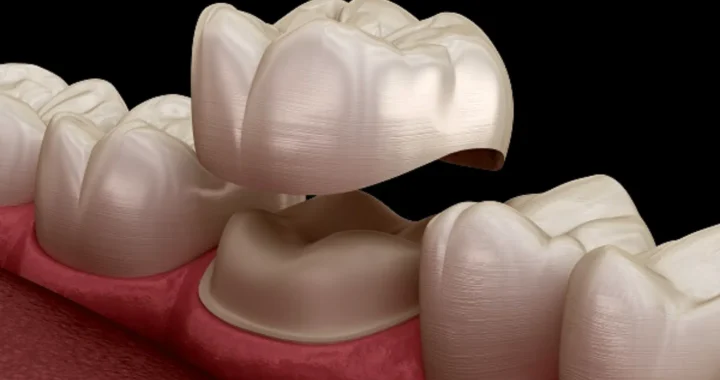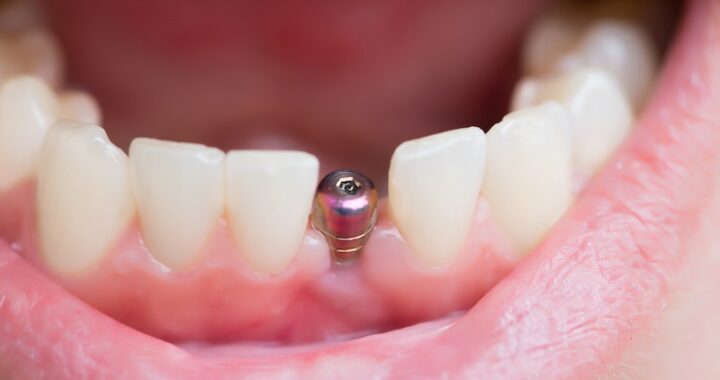What is Tinnitus?

Tinnitus is a ringing, roaring, or buzzing sound in the ears or head that cannot be heard by anyone else but the sufferer. It can be caused by any number of factors, including chronic exposure to loud noise, vascular abnormalities, changes in blood supply to the ears, infection with sinusitis, and tonsillitis.
The most common cause of tinnitus is inner ear damage from prolonged exposure to high-decibel noises, such as rock concerts or heavy machinery. This will result in permanent hearing damage and may cause other symptoms, including vertigo, difficulty sleeping, and nausea. But tinnitus can also come about as a side effect of certain medications like those used for schizophrenia treatment. You should not be reluctant to get tinnitus treatment from Audiologie Centre-Ouest Montreal if you identify any symptoms.
What are the Common Causes of Tinnitus?
- Aging
As people grow old, their senses start to lose their ability, and hearing is no exception. With aging, the inner ear becomes less sensitive. Tinnitus is actually the sound that the sufferer’s ear is ‘hearing’ for itself. This is because there is no actual sound that is being heard, it is merely a signal from the inner ear to let you know that it has been damaged.
- Exposure to loud noises
Prolonged exposure to loud noises can make your ears feel like they are ringing. It is important to remember that the higher the decibel level of a sound, the shorter its duration. The damage to your ear occurs when you are exposed to high-decibel sounds for long periods. Examples of high-decibel sounds include rock concerts, driving pleasure, and heavy machinery operation.
- Ototoxic medications
Some medications can have a harmful effect on the inner ear. The hair cells in your ears can be damaged by certain medications. This can cause tinnitus as well as other symptoms, such as vertigo, hearing loss, and dizziness. Examples of these kinds of medications include aspirin, some antibiotics, quinine for malaria treatment, and others.
- Temporomandibular joint disorder (TMJ)
Tinnitus can also be an indication of the inner ear and jaw joint disorders, which have a lot in common with each other. The joint tends to be swollen and painful, causing tinnitus in some sufferers. In some cases, it is linked to stress, high blood pressure, and gum disease. If you experience tinnitus, you may want to consult with your dentist as well to rule out any dental conditions that may have been causing it.


 Dental Crowns –Restoring Strength, Function, And Aesthetics.
Dental Crowns –Restoring Strength, Function, And Aesthetics.  One-Person Wonder: Making Waves in the Massage Industry in Gunma
One-Person Wonder: Making Waves in the Massage Industry in Gunma  How Cataract Surgery in Nashville Improves Vision and Quality of Life
How Cataract Surgery in Nashville Improves Vision and Quality of Life  Maintaining Oral Health: The Role of Dentists in Richmond
Maintaining Oral Health: The Role of Dentists in Richmond  How to Choose the Best Implant Dentist in Sheffield: A Guide
How to Choose the Best Implant Dentist in Sheffield: A Guide  How Invisalign is Revolutionising Orthodontics in London
How Invisalign is Revolutionising Orthodontics in London  Veneers: A Popular Cosmetic Solution for a Beautiful Smile in London
Veneers: A Popular Cosmetic Solution for a Beautiful Smile in London